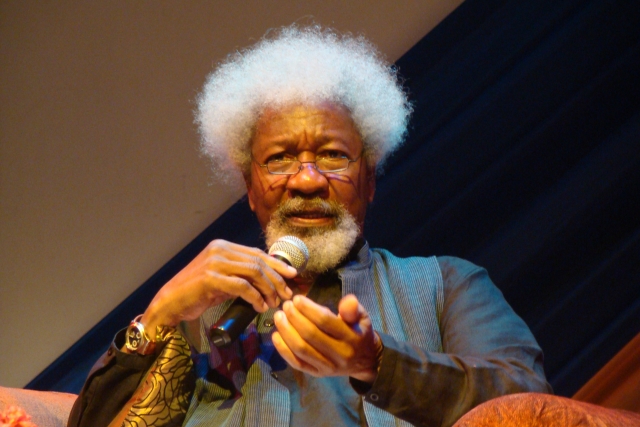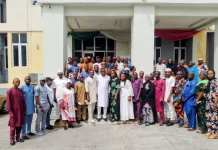The controversial naira swap policy, which led to a nationwide shortage of banknotes, has drawn criticism from Prof. Wole Soyinka to the Governor of the Central Bank of Nigeria (CBN), Godwin Emefiele.
Emefiele announced in October 2022 that the old N200, N500, and N1,000 notes would be phased out by January 31, 2023, but later extended the deadline to February 10.
The Supreme Court later decided that the old currency will continue to be legal tender until December 31, 2023, despite the fact that the policy’s main goal was to prevent vote-buying in the run-up to the general elections.
The Nobel Prize winner criticized the CBN governor for the naira swap policy that was implemented months before the elections on February 25 and March 18 in the Roadmap 2023 episode that aired on Monday.
In addition to any electoral mago mago (foul play), Emefiele “has committed a crime against humanity,” Soyinka said.
He “hit the fundamental survival principles, basic needs, and entitlements of the common people in the street.”
When discussing the need for leadership that is people-focused, he said that the motivation behind all of his protests has been a desire to engage with Nigerians with what he called “civic dignity.”
President Muhammadu Buhari allowed Emefiele to cause suffering for Nigerians to appease the respected screenwriter.
“Don’t mistreat me. Don’t silence me. Don’t deprive me of my economic entitlements or potential. Don’t leave me in the hands of savages like Emefiele, he pleaded.
“He and his boss, Buhari, because it was ultimately Buhari’s fault for allowing this to occur. But he, Emefiele, is the specialist. He is the one who formulates policy recommendations and implements them.
The CBN governor, according to Soyinka, has plunged the nation into a state of despair.
The activist shared his own experience by saying, “Even a few days ago, when I texted the bank and a check returned, they had no cash.”
He further said, “At some point, one of the bankers brought me something from his stash and described the situation to me, including how they would wait for the money to arrive.”
“Buying a newspaper is not possible. You can’t buy groundnuts and popcorn, so you can’t buy plantains, and the farmer can’t even afford to pay for the transportation of his goods from the farm to the markets.”













